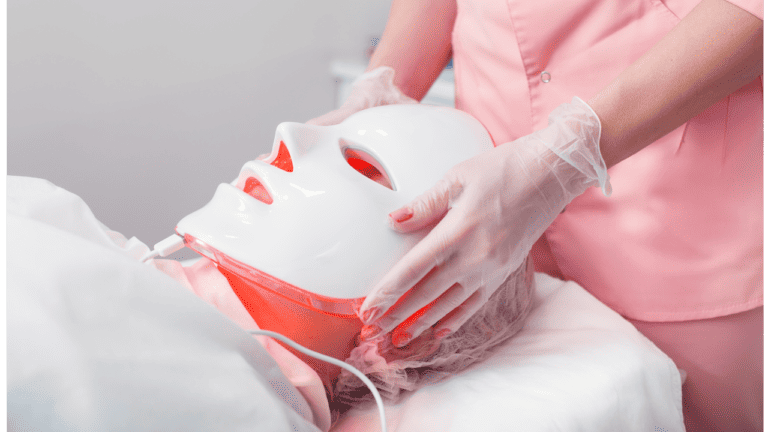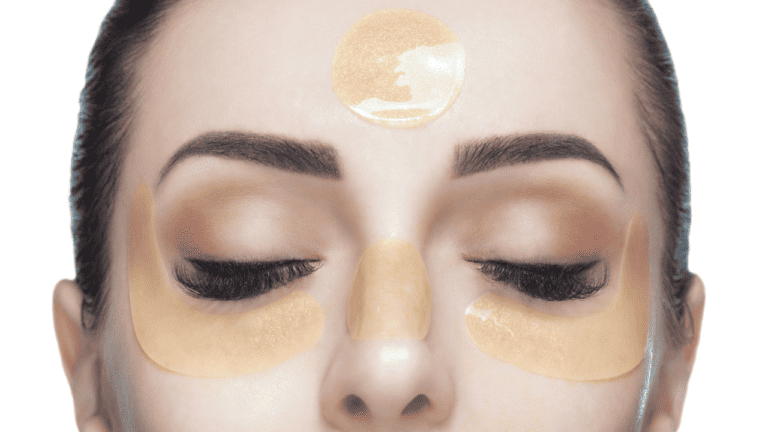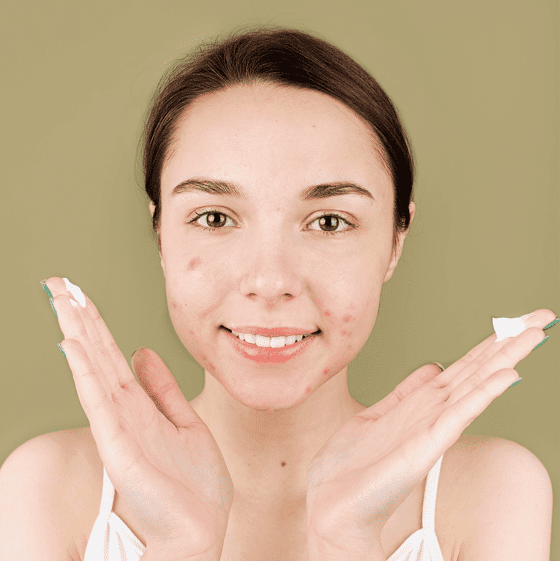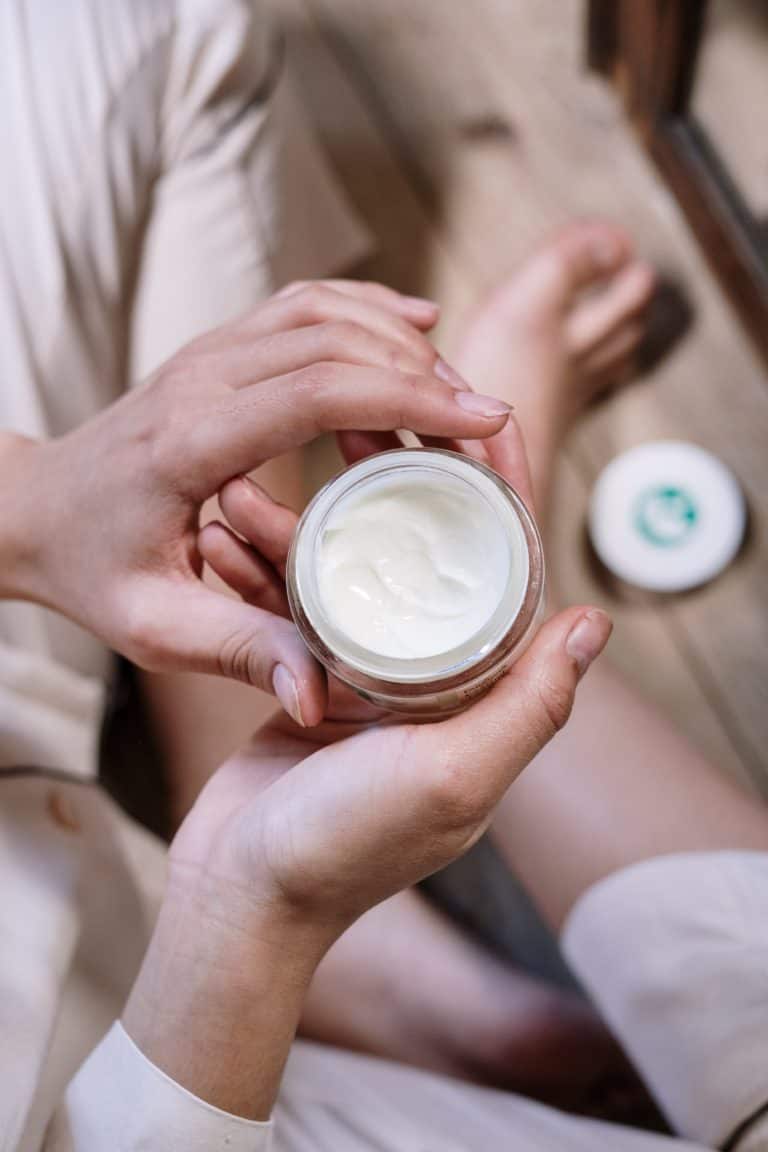Many people have claimed that sulfur masks can help to clear acne overnight. However, there is a lot of conflicting information about whether sulfur masks are an effective treatment for cystic acne.
Social media has played a significant role in the popularity of sulfur masks as a treatment for acne. Many influencers and beauty bloggers have shown how sulfur masks work well for their skin, take this video for example:
@anna_annora I cannot believe the results of using a sulfur mask for only three days! Definitely a permanent part of my skincare routine now! I’ll link it for yall too! #sulfurtreatment #sulfurmask #acne #acnetreatment #acneproneskin #beauty #skincare #skincareroutine #niacinamide #zinc #zincserum #fungalacne ♬ original sound – Anna Annora
While it is important to be cautious when taking advice from social media influencers. There is some evidence to suggest that sulfur masks can be an effective treatment for cystic acne. Sulfur is a natural mineral that has been used for centuries to treat a variety of skin conditions. When applied to the skin, sulfur helps to unclog pores and reduce inflammation, which can help to prevent and treat acne.
Social Media and Sulfur Masks
Many influencers on social media platforms such as Instagram and TikTok have claimed that sulfur masks helped them get rid of their acne overnight. However, it is important to note that sulfur masks work better for people with fungal acne.
Fungal acne is a type of acne caused by an overgrowth of yeast on the skin. It usually appears as small, itchy bumps on the forehead, chest, and back. Sulfur has antifungal properties and can help to reduce the growth of yeast on the skin, which is why sulfur masks can be effective for people with fungal acne.
It is important to keep in mind that not all types of acne are the same, and what works for one person may not work for another. While sulfur masks may be effective for some people, they may not be the best option for everyone. It is always a good idea to consult a dermatologist before trying any new acne treatment.
Can Sulfur Masks Help to Clear Skin Overnight?
Sulfur masks are a popular acne treatment option that helps to reduce inflammation and unclog pores. While sulfur masks may not be a miracle cure for acne, they can help to clear up mild to moderate acne breakouts.
When it comes to clearing skin overnight, sulfur masks may not be the best option. While sulfur can help to reduce inflammation and unclog pores, it may take several days or even weeks to see significant results. Some even find that sulfur causes their skin to purge, going through a few breakouts before clearing up. It is important to use sulfur masks consistently as part of a daily skincare routine to see the best results.
In addition to using sulfur masks, there are other steps that can be taken to help clear up acne breakouts overnight. These include:
- Cleansing the skin thoroughly before applying any acne treatments
- Using a spot treatment specifically designed for acne breakouts
- Avoiding picking or squeezing acne breakouts, as this can lead to further inflammation and scarring
- Sleeping on a clean pillowcase to avoid spreading bacteria onto the skin
Overall, sulfur masks can be a helpful tool in the fight against acne, but they may not provide overnight results. It is important to use sulfur masks consistently as part of a daily skincare routine, and to take other steps to help clear up acne breakouts.
Sulfur Masks and Acne Treatment
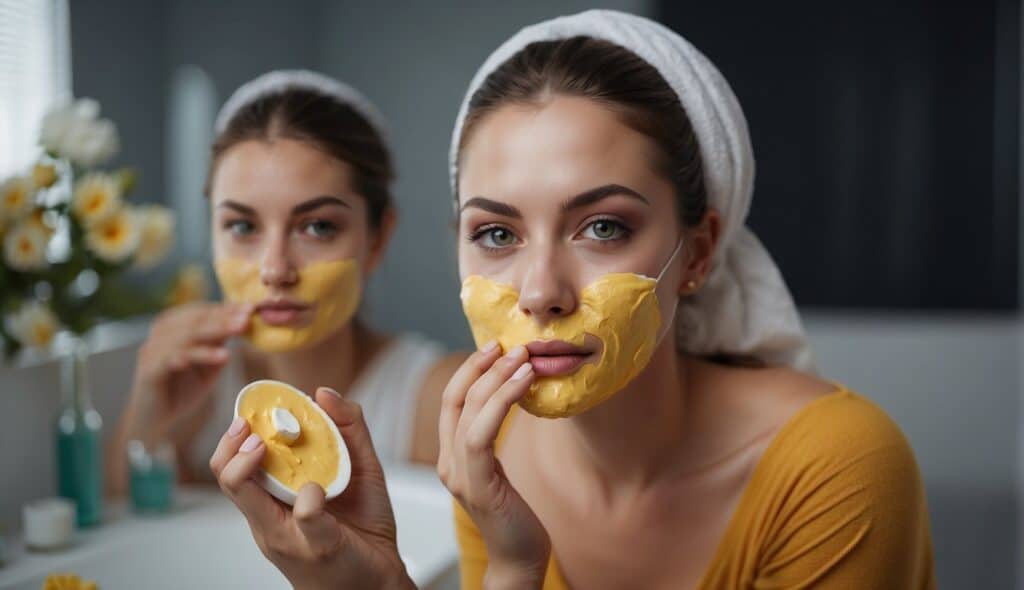
How Sulfur Masks Work
Sulfur masks work by drying out the surface of the skin to help absorb excess oil that may contribute to acne breakouts. They also help to unclog pores by drying out dead skin cells. Sulfur masks are available in different forms, including clay masks, spot treatments, and cleansers. Clay masks are another option, especially for oily skin. They should not be used daily but 2 times per week. Gently massage onto skin, avoiding the eye area and focus on your T-zone. Allow to rest for 5-10 minutes or until the clay is completely dry. Rinse thoroughly with lukewarm water and pat dry.
Benefits of Sulfur in Acne Care
Sulfur has been used for centuries to treat a variety of skin conditions, including acne. It has many benefits when it comes to acne care. Sulfur has anti-inflammatory properties, which can help reduce redness and swelling associated with acne breakouts. It also has antimicrobial properties, which can help kill the bacteria that cause acne. Sulfur can be a gentle option for those with sensitive skin who may not be able to tolerate other acne treatments.
Potential Side Effects
While sulfur masks can be effective in treating acne, they do come with some potential side effects. Some people may experience redness, dryness, or irritation after using a sulfur mask. It is important to follow the instructions carefully and not leave the mask on for longer than recommended. If you experience any severe side effects, such as blistering or burning, you should stop using the mask immediately and consult a dermatologist.
In conclusion, sulfur masks can be a useful tool in the fight against acne, particularly cystic acne. They work by drying out the surface of the skin and unclogging pores. Sulfur has many benefits when it comes to acne care, including anti-inflammatory and antimicrobial properties. However, it is important to be aware of the potential side effects and to use sulfur masks as directed to avoid any adverse reactions.
Comparing Acne Treatments
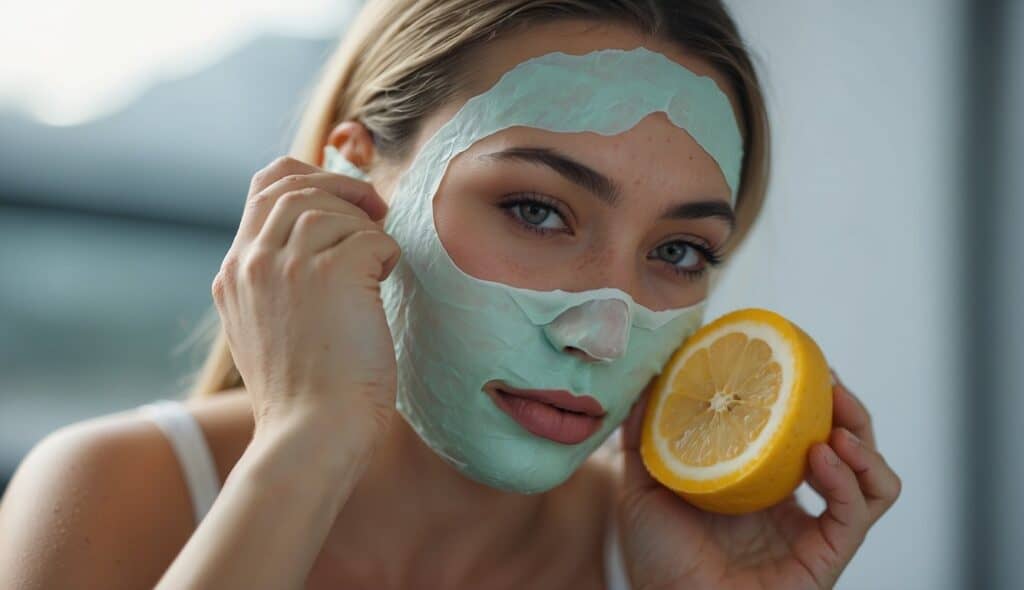
Over-the-Counter vs. Prescription Solutions
When it comes to treating cystic acne, there are two main types of solutions: over-the-counter (OTC) and prescription. OTC solutions include products that can be purchased at drugstores or online without a prescription.
These products often contain active ingredients such as benzoyl peroxide, salicylic acid, and sulfur. Prescription solutions, on the other hand, are stronger and require a prescription from a healthcare provider. Prescription solutions may include retinoids, antibiotics, and oral medications such as isotretinoin.
OTC solutions can be effective for mild to moderate acne, but may not be strong enough to treat severe or cystic acne. Prescription solutions, on the other hand, can be more effective for severe acne but may come with more side effects and require more monitoring.

